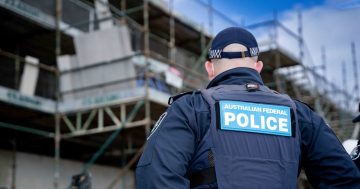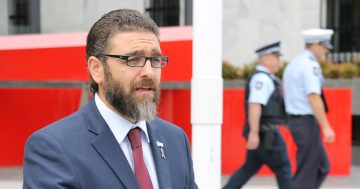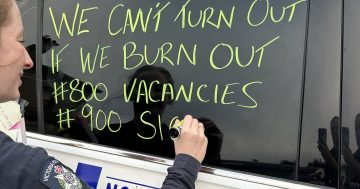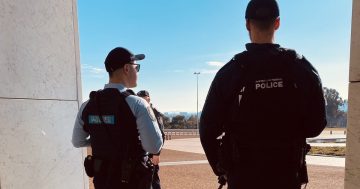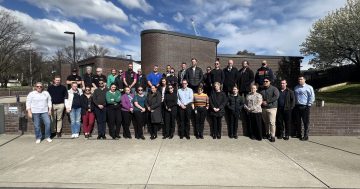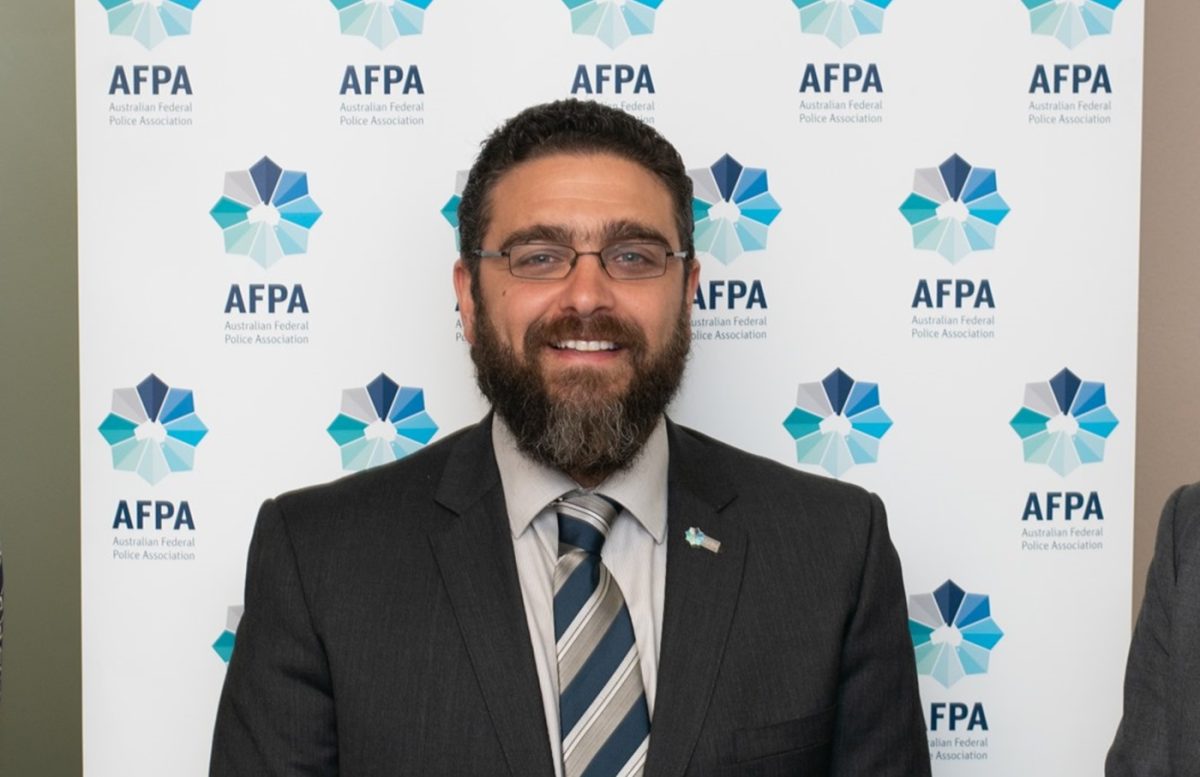
AFPA Secretary President Alex Caruana met with the AFP on 11 June to resume talks, but says the AFP had not done its homework. Photo: AFPA.
The Australian Federal Police Association says it is disappointed by delays in recommencing negotiations on it enterprise agreement (EA) imposed by the Australian Federal Police (AFP).
Following the rejection of the AFP’s latest offer by a majority of AFP appointees on 3 June, there has been no recommencement of negotiations.
AFPA President Alex Caruana said the union had done its homework and was ready to recommence negotiations on 11 June, but it was obvious that the AFP had not as it first wanted to wait until the completion of a proposed staff survey.
“There is no reason that negotiations cannot run jointly with the AFP’s proposed survey,” he said.
“If the AFP Executive seriously does not know why the proposed enterprise agreement was voted down, then they are truly disengaged and disconnected from their workforce.”
Mr Caruana said the AFPA had conducted two surveys relating to the enterprise agreement, and said the information provided by its members was that the offer of a 11.2 per cent pay rise over three years was not enough.
“Also, the implementation of allowances such as the ‘use of force’ and ‘unsociable hours’ allowances is supported by the AFPA,” he said.
“However, the actual amount of these allowances, as offered by the AFP and government, are not.”
The AFPA said its key negotiation points remained as before, including:
- Pay increases to appropriately recognise each AFP appointee working under much greater scrutiny and with much higher risk and responsibility than the regular public service.
- Fine-tune police broadbands to reflect the level of responsibility and duties required of a police officer, to ensure they remain in parity with those in other policing jurisdictions, and to complement the proposed Protective Service Officer (PSO) broadbands.
- Establishing more distinct career pathways and calibrating remuneration levels for the AFP’s unsworn staff.
- Consistency of safety nets across all working patterns and roles to ensure better protections for members.
- Implementation of the unsociable hours allowance at a flat rate rather than not tied to band level.
- The retention and increase of the proposed use of force allowance.
- An allowance to recognise and compensate unsworn appointees who must gain and maintain high-level security clearances as well as submit to drug and integrity testing.
- Streamlining the current agreement to place executive-level staff under the same provisions and protections as band 1-8 appointees.
- The establishment of a properly constructed consultative committee comprising representatives of the AFP, the AFPA and the CPSU [Community and Public Sector Union].
- Where legally possible, all allowances to be included in superannuation.
- And the right to disconnect to be enshrined within the AFP EA to ensure that AFP appointees still have this protection if the laws were to be reversed after a change of government.
“Our members drew a line in the sand regarding pay rises and workplace conditions when they voted down the proposed enterprise agreement. The AFP and government need to work together to put a better offer on the table for AFP appointees to vote on,” Mr Caruana said.
“The AFP and government should be embarrassed that, on base pay, AFP police officers are the lowest paid police officers in Australia.
“If you factor in allowances, they rank fifth out of the eight jurisdictions. It is ridiculous that AFP and Victorian police officers, with the same experience and work tenure, can work together in the same joint counter-terrorism taskforce, doing the same role — yet one officer is paid significantly more than the other.”
In lieu of negotiations resuming, Mr Caruana said the union encourages all members to continue to take protected industrial action (PIA), while additional PIAs would be applied for via the Fair Work Commission.
“AFP appointees are at the forefront of national security, and they protect many sites of critical importance,” he said.
“It is time that the government recognises their importance and the critical work they do in protecting national assets and international partnerships.”



